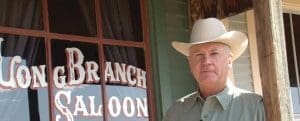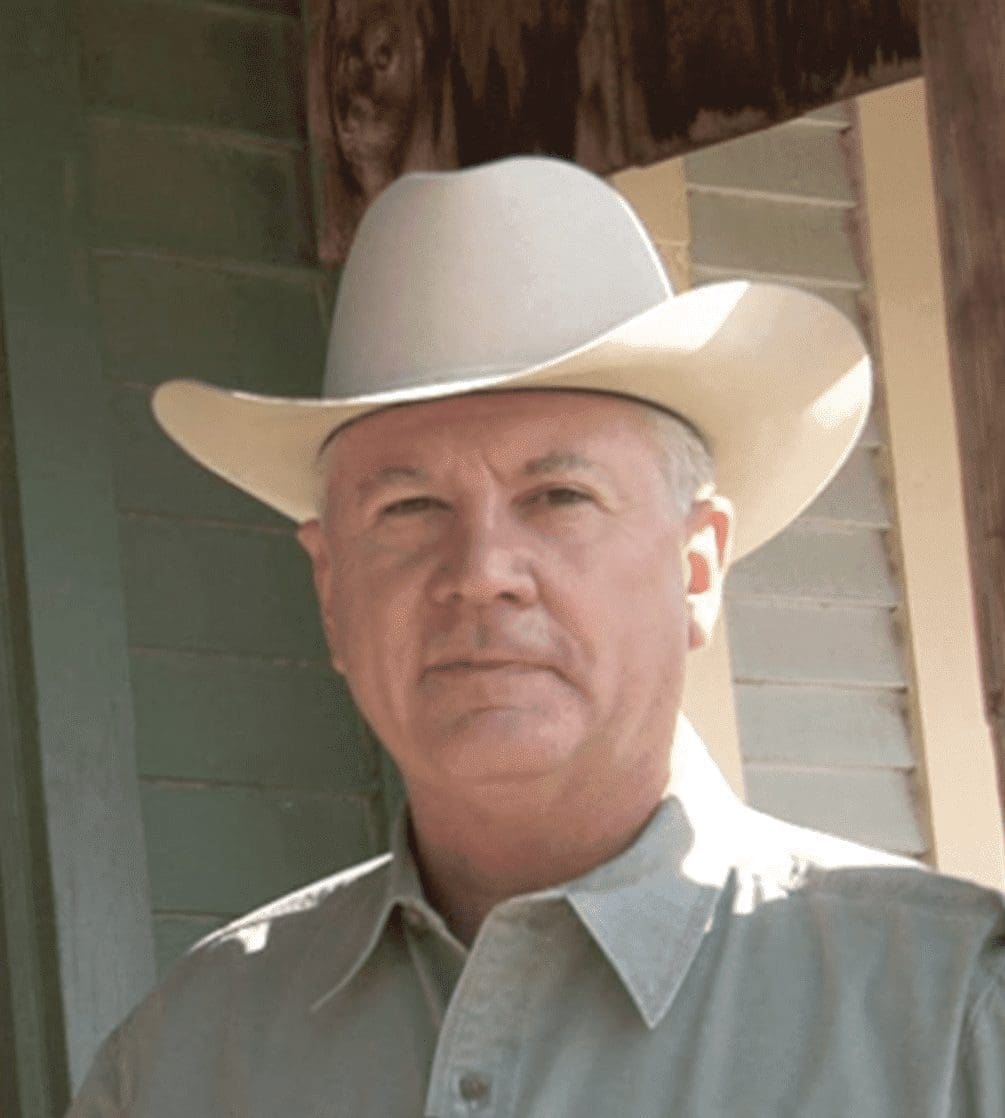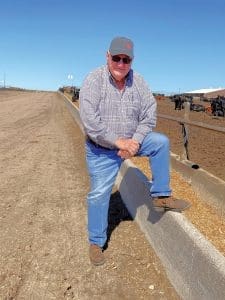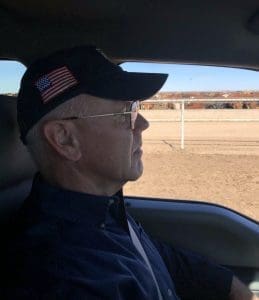
By Jim Whitt Contributing Editor
Alisa Zinovyevna Rosenbaum was born in Saint Peterburg, Russia, in 1905. She was 12 years old when Vladmir Lenin led the Bolsheviks in the October Revolution. Her father’s business was confiscated and the family fled to Crimea. They returned to Russia in 1921 where they experienced the deprivation of a country now ruled under the tyranny of a Marxist dictator.
This no doubt left an indelible impression on young Alisa who was granted a visa to visit relatives in Chicago in 1925. She never returned to Russia but, instead, moved to Hollywood where she became an accomplished screenwriter. It was as a novelist, however, where Alisa achieved her greatest success writing under the pen name of Ayn Rand. Her masterpiece was Atlas Shrugged, and it became one of the most influential and provocative books of all time.
Published in 1957, Atlas Shrugged and George Orwell’s 1984, which was published nine years earlier, have proven to be eerily prophetic. Many of the same elements can be found in both books. Orwell painted the future as a police state ruled by a dictator known as Big Brother. It’s an oligopoly of government, media and corporations that control all information. The loss of individual liberty is a central theme in both books, but Rand delves more into the chaos created by a state-controlled economy. Collusion between corporations and the government destroys private enterprise and the entrepreneurial spirit.
The reoccurring phrase in 1984 is, “Big brother is watching you!” The first line in Atlas Shrugged takes the form of a question that is repeated throughout the book, “Who is John Galt?” For two-thirds of the story the question goes unanswered. John Galt finally appears as the leader of a group of entrepreneurial renegades that mysteriously disappears.
And here’s where the title of the book comes in. In Greek mythology, it was Atlas who was charged with shouldering the weight of the world. Although Atlas was one of the legendary Titans, a race of gods, he decided the burden was too much to bear. Exhibiting not-so-godlike character, he tried to trick Hercules into assuming his task, but failed.
John Galt and his band of entrepreneurs realized they, like Atlas, were shouldering the weight of the world. The looters and the moochers, as Rand describes them, were those who were content with living off the government largesse confiscated from the producers. It was unsustainable so, finally, the producers, unable and unwilling to carry the burden of generating the wealth with increasingly less profit for the fruits of their labor, abandon ship, so to speak. Without them the ship starts to sink, and the moochers and looters have no one to paddle their boat. In other words, Atlas shrugged. The economy grinds to a halt.
Ayn Rand came to the United States in the 1920s and saw the rise of New Deal social programs created during the 1930s and greatly expanded in the following decades. She started writing Atlas Shrugged in 1943 and, in the 14 years it took her to complete the book, the path our country was taking must have reminded her of the events that led to the communist takeover in Russia and the establishment of the Soviet Union.
Communism is always sold on the slogan popularized by Karl Marx, “From each according to his ability, to each according to his needs.” Socialism is always sold as a kinder, gentler form of communism — take from those who produce and give to those who don’t.
In 1831, Alexis de Tocqueville was sent on a mission from France to study American prisons. He chronicled his observations of the United States in a book, Democracy in America, published in 1835. De Tocqueville feared that the citizens of our young nation might gradually lose their devotion to self-government and allow the federal government to become “a network of petty, complicated rules.”
Rand and de Tocqueville were able to see our nation with a degree of objectivity that is difficult for us to understand. We have a blind spot when it comes to our country. When we do see what’s happening, it’s too late — the wreck has already happened. De Tocqueville predicted what it would look like: “The American Republic will endure until the day Congress discovers that it can bribe the public with the public’s money.”
And that’s when Atlas shrugged.







